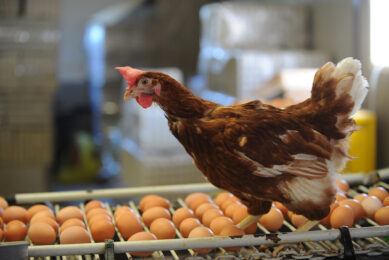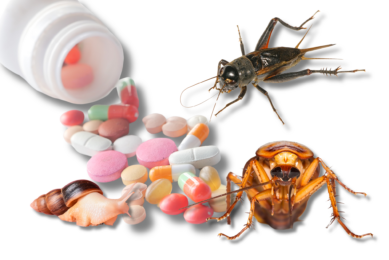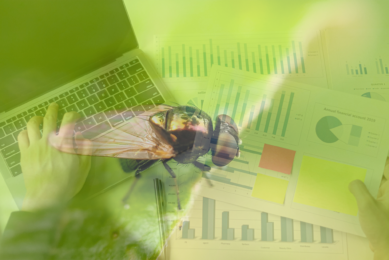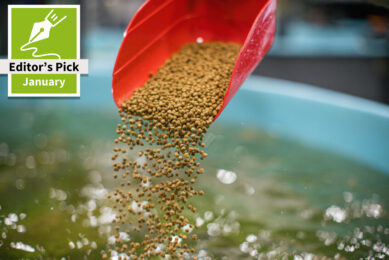Danish farmers to grow more horse beans
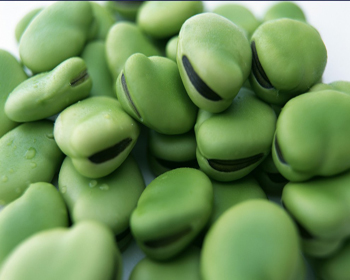
Areas with organic horse beans increase significantly in the Danish fields. From 2011 to 2013, the area has more than tripled. And horse beans could be a good alternative for soy in animal diets.
And there may be good reason, because horse beans can replace a significant portion of the soy which organic farmers today have to import. Field trials carried out by the Knowledge Centre for Agriculture confirm this.
Not enough organic protein
Protein is an important part of the human diet. But cattle, pigs and poultry also need proteins so that their body mechanisms can function optimally. Unfortunately, the production of organic protein crops for animal feed in Denmark is small, and imports of foreign soybean are therefore heavy. But it seems as if the trend is reversing.
Promising results
Experts from the Knowledge Centre for Agriculture have tested whether horse beans grown in Denmark eventually are able to replace the foreign organic soy, which today is mainly imported from China. And the results are promising. “We have examined the horse beans because they, unlike soy fit our cooler climate, and they contain a good deal of protein. We have therefore fed dairy cows with horse beans and it looks to be a promising alternative to soy. With heat treatment of the horse beans and a customised feed level, it seems that we can completely do without imports of soy to organic dairy cows”, says Margrethe Askegaard, Consultant at the Knowledge Centre for Agriculture.
Askegaard is the project manager of the project ØkoProtein (Organic Protein), a four-year project in collaboration with the Faculty of Agricultural Sciences, Aarhus University, a number of companies and many organic farmers. The project’s objective is that the Danish organic livestock in the future can be fed with Danish organic protein. The findings suggest that organic farmers have embraced the new knowledge about the horse beans. The proportion of horse beans in Danish fields is rising steeply from 478 ha in 2011 to 1,571 ha in 2013. “And based on the sold organic seeds for this growing season the areas seem to rise continuously”, says Margrethe Askegaard.
Still dependent on soy
Howver, it will still last a while before the Danish organic farmers can completely do without the soy. “If we actually replaced all imported soy for the Danish organic dairy cows, it will have the consequence that we will have to harvest about 47,000 tons of horse beans annually. With an average yield of 4 tons horse beans per hectare, this means that in Denmark we must cultivate horse beans on more than 11,000 hectares. So there is much to be done before we can be self-sufficient”, says Margrethe Askegaard.
Currently, the experts are examining what the producers of organic pigs and hens laying eggs think of the horse beans, which not only can be used in organic production, but also in conventional production.




